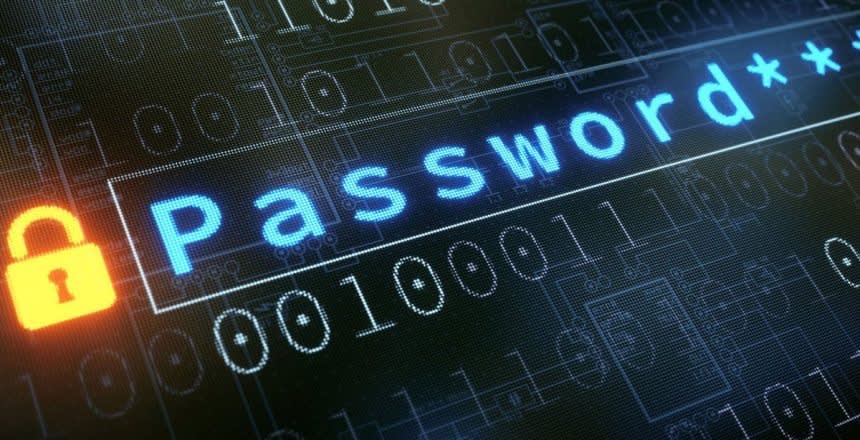Testing the Strength of Your Passwords

21 Jan 2021
In today’s digital world, the use of strong passwords is essential to ensuring the security of your online accounts and private information. Keeping track of the multiple unique usernames and passwords necessary to access dozens of online accounts has become a challenging task. Many of us record passwords on post-it notes or use the same password for multiple online services. Unfortunately, the more places a password is used or written down, the more likely you are to get hacked.
Information theft is among the “fastest rising consequences of cyber security crime to date,” according to the 2018 study commissioned by Accenture Security. You might wonder how it’s possible for threat actors to “guess” their way into your private account. The reality is, people are not doing the heavy lifting for hacking passwords and stealing our information, computers are. Computers automate the hacking process and can produce thousands of guesses per second. This means the technique of replacing letters with symbols in one’s password may only take the computer a few extra seconds to crack while making it significantly harder for the user to remember.
Are you using a strong password?
Strong passwords not only keep your information safe from hackers, viruses, and malicious botnets looking to cause trouble, but they also help to keep your business running smoothly, your sales and enquiries rolling in, and your brand reputation intact.
Think of a weak password as an open door to a room full of your most precious possessions; don’t let the burglars in!
Tips for creating strong passwords
Ideally, passwords should be created using a random password generator and changed every 6 – 8 weeks. Password generators are free online tools that use a set of algorithms to create a unique combination of numbers, letters, and characters that will be almost impossible to figure out.
Always use a unique password for each platform you use – never use the same password for everything or a variation of the same password for different things. If a hacker manages to find their way into one of your platforms, they’ll probably try others too, and start by using the password they know has just worked for them elsewhere.
What makes a strong password?
A strong password is one that’s either not easily guessed or not easily brute-forced. To make it difficult to guess, it can’t be a simple word. To make it difficult to crack, it needs to be long and complex. Supercomputers can go through billions of attempts per second to guess a password. Try to make your passwords a minimum of 14 characters.
Passphrases
A passphrase is simply a password, that’s longer. It could be a sentence, with spaces and punctuation included within it. The benefit of a passphrase is that typically they’re easier to remember but more difficult to crack due to their length. For every additional character in the length of a password or passphrase, the time it would take to break increases exponentially. Ultimately, this means having a long password or passphrase will allow you to be much more secure, in comparison to having a short one with some symbols or numbers included.
Contact Cyber Security Company LoughTec for a free no-obligation discussion on your business cyber security posture. Call +44 (0) 28 8225 2445 or email info@loughtec.com.





